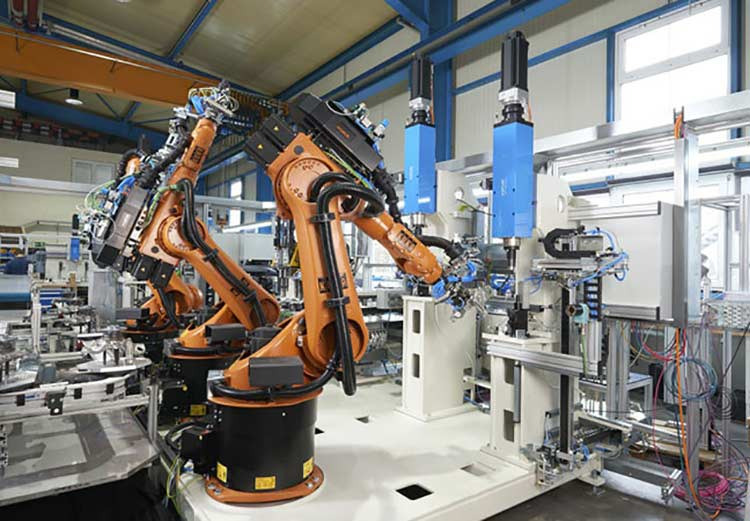RIO DE JANEIRO, BRAZIL – Research by the National Confederation of Industry (CNI) shows that 76.4 percent of the country’s industries develop some type of “circular economy”, a model that encompasses actions aimed at increasing the useful life of products and materials from the most efficient use of natural resources.

The data, disclosed today, September 24th, will be presented the Meeting on Circular Economy and the Industry of the Future, in the city of São Paulo.
According to CNI president, Robson Braga de Andrade, part of Brazilian industry has already embraced practices such as water reuse, materials recycling, and reverse logistics. However, he sees that there is still much potential to be explored in the efficient use of natural resources.
“This is the way to include the country in the low carbon economy. To this end, coordinated action between private initiative, government, academia, and society is imperative in order to develop new ways to produce and consume,” he said.
Sharing
Circular economy, in contrast to the traditional linear model of “take, make and dispose”, supports a more sustainable cycle that contemplates the sharing, maintenance, reuse, remanufacturing and recycling of materials and products.
According to 75.9 percent of respondents to the survey, the reason for adopting a circular economy was to reduce costs; as many as 47.3 percent said they were motivated by the search for greater operational efficiency. Next, for 22,6 percent of them, the reason is the opportunity for new business.
According to the study, 60 percent of industries understand that circular economy practices may contribute to job creation in the company itself or in the sector’s production chain. However, 73 percent consider that the transition to a circular economy should be a shared responsibility between government, consumers and the private sector.
“In Brazil, in order to achieve circularity, greater investment in education and innovation will be required. Initially, companies will have to invest, but at a later stage, operational costs will be reduced through more efficient processes aimed at the reuse of waste and the use of recycled goods,” said Marcelo Thomé, president of CNI’s Environment and Sustainability Council.
The survey conducted by CNI used samples from 1,261 industrial companies chosen at random.
Source: Agência Brasil

